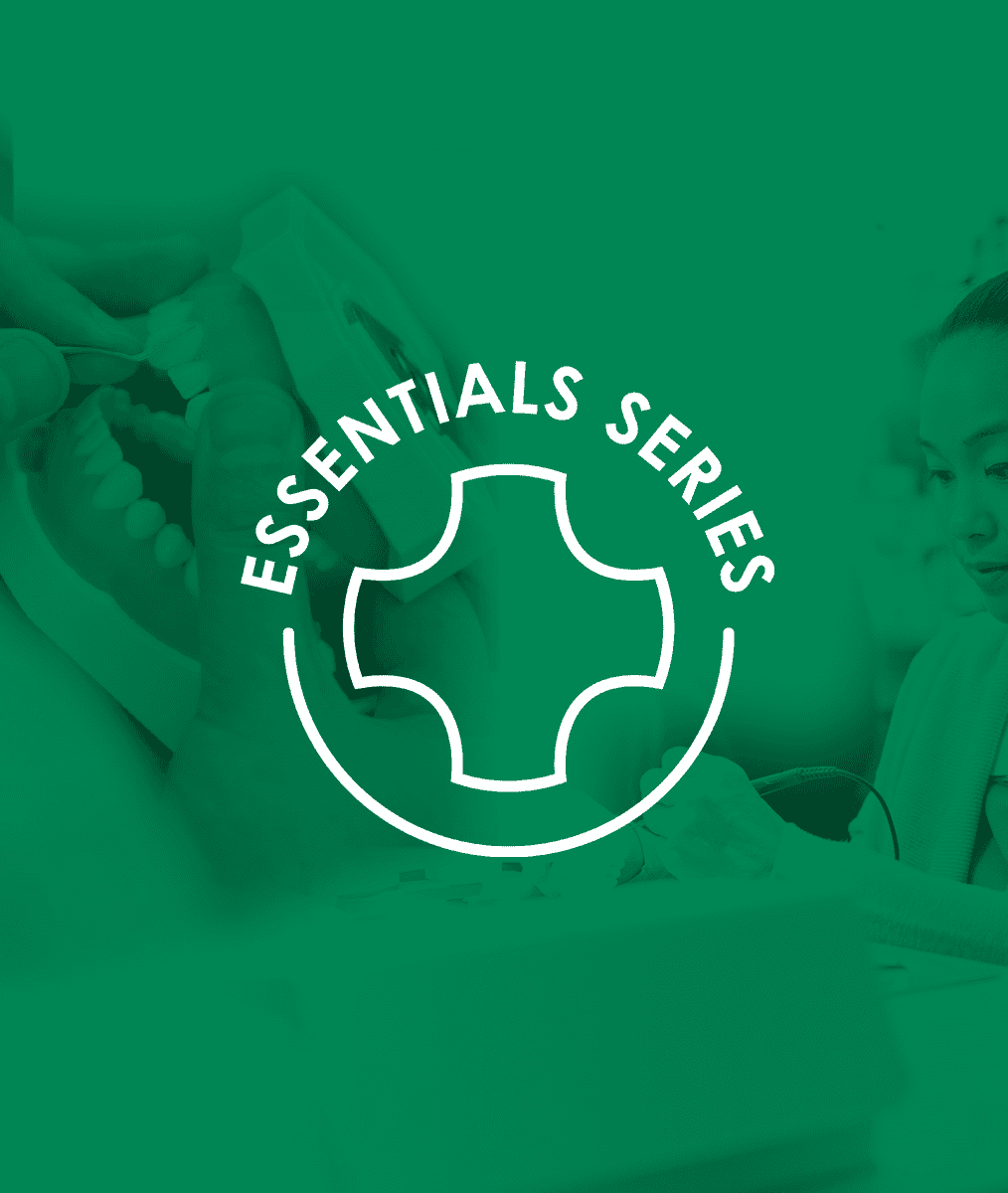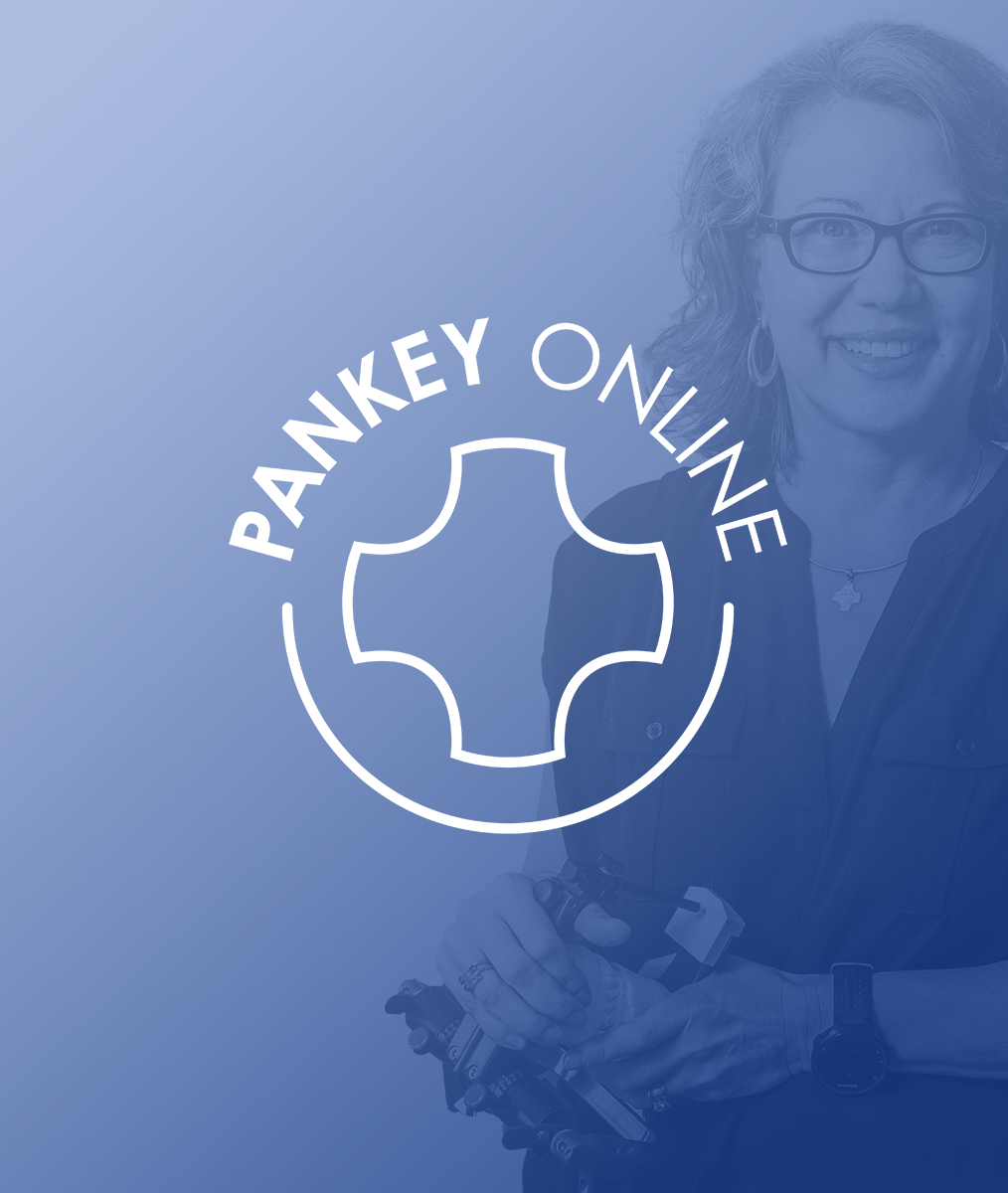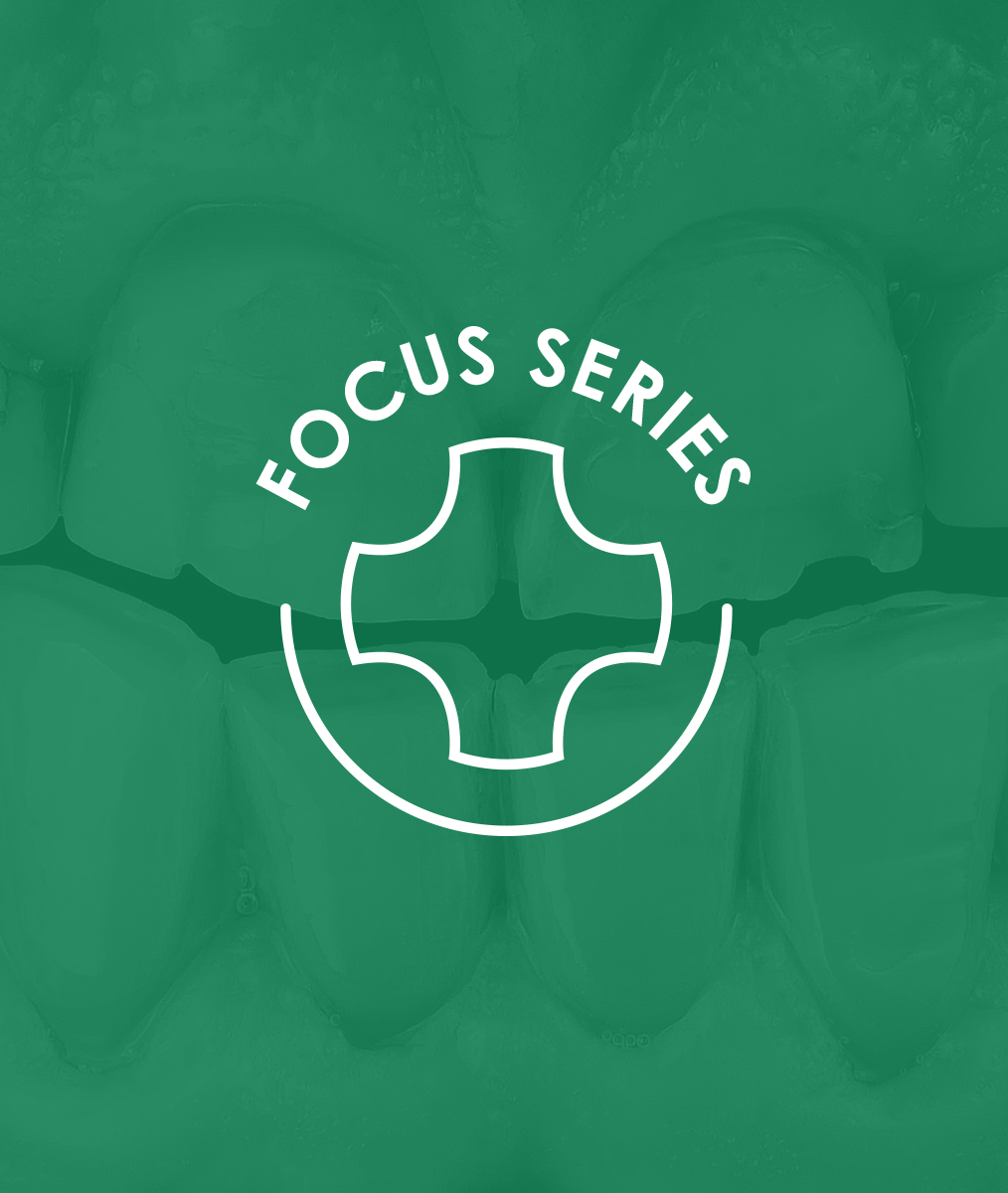Why People Choose Your Dental Practice (Part 1)
In a world where the profession of dentistry is facing commoditization with the development of Dental Service Organizations (DSO’s) and large group practices, those of us committed to private, fee-for-service, comprehensive care are facing increased competition. Over many years in practice, I have observed why people choose us and what we can do to foster this even more.
Our Competitors
- DSOs and multi-location groups are on the top of all our minds, as their centralized business services and approach to higher volume scheduling allow them to be profitable while offering extremely low-cost new patient exams and reduced fees for restorative services.
- “One-tooth dentistry” dentists in private practice are also a form of competition as they seem to be lower cost to consumers since they only treat “the problem” rather than looking at the whole person.
- Smartphones compete for attention. With the entire world’s knowledge lodged in our smartphone, we now find the average attention span in America has shrunk to a meager 9 seconds! Now we are in a world of TMI (Too Much Information) where a less than a 5-star review might eliminate your office from consideration even though it has no bearing on your professional skills.
- Nonstop digital advertising for all kinds of desirable goods and services constantly competes for patient dollars.
The Reputation of Private, Fee-for-Service, Comprehensive Care Dentists
It is interesting to note that, throughout the current Covid-19 pandemic people, have continued to visit their dentist. What have we been doing right?
We have a reputation for:
- Being sanitary.
- Following proper safety protocols.
- Being trustworthy.
- Treating people with genuine interest, respect, kindness, and thoroughness — one person at a time.
Your Approach to Patient Engagement Is Special
To continue growing our restorative practices with new patients who need and desire our type of comprehensive care, we need to create an environment of mutual engagement between our office and our clients. This is not a “paint by numbers” exercise. Each dentist and care team must create and commit to a philosophy that fits their core values and style. The way you engage with your patients is “special” to you.
Your philosophy of care distinguishes you and allows you to stand out in the marketplace. When your actions are consistently guided by your ideals, patients know it. They value it. They refer other like-minded patients to you. Your special behavioral foundation is why they come to you.
4 Tips for Building an Environment of Optimal Patient Engagement
To execute on this philosophy, we need to build a behavioral foundation that promotes alignment with our team, commitment to excellence, ample time with patients, and mutual respect. Here are some tips that have guided many private practices focused on individualized, fee-for-service, comprehensive dental care.
- Doctor, start by engaging and educating your team to be the best that they can be by modeling the behavior you want to see in them. Commit to high quality Continuing Education for you and your staff. Join a study club and associate with like-minded members of your profession.
- Engage your new patients with a patient-centered experience from first contact onward. Make a special effort to create a first visit that includes time for becoming acquainted with one another on the behavioral level and more time for a true comprehensive exam.
- Make sure that your patient understands that you respect them as “the expert” in choosing what outcome is right for them at this moment in time.
- Make sure your patient understands that your office is “the clinical expert” at determining the various outcomes that are available based on the:
- Situation they are bringing to you,
- Findings of your exam,
- Technology available, and
- Time and dollars they choose to spend.
More tips will follow next in Part 2.
Related Course
E3: Restorative Integration of Form & Function
DATE: October 5 2025 @ 8:00 am - October 9 2025 @ 2:30 pmLocation: The Pankey Institute
CE HOURS: 41
Dentist Tuition: $ 7400
Single Occupancy with Ensuite Private Bath (per night): $ 345
Understanding that “form follows function” is critical for knowing how to blend what looks good with what predictably functions well. E3 is the phase of your Essentials journey in which…
Learn More>













